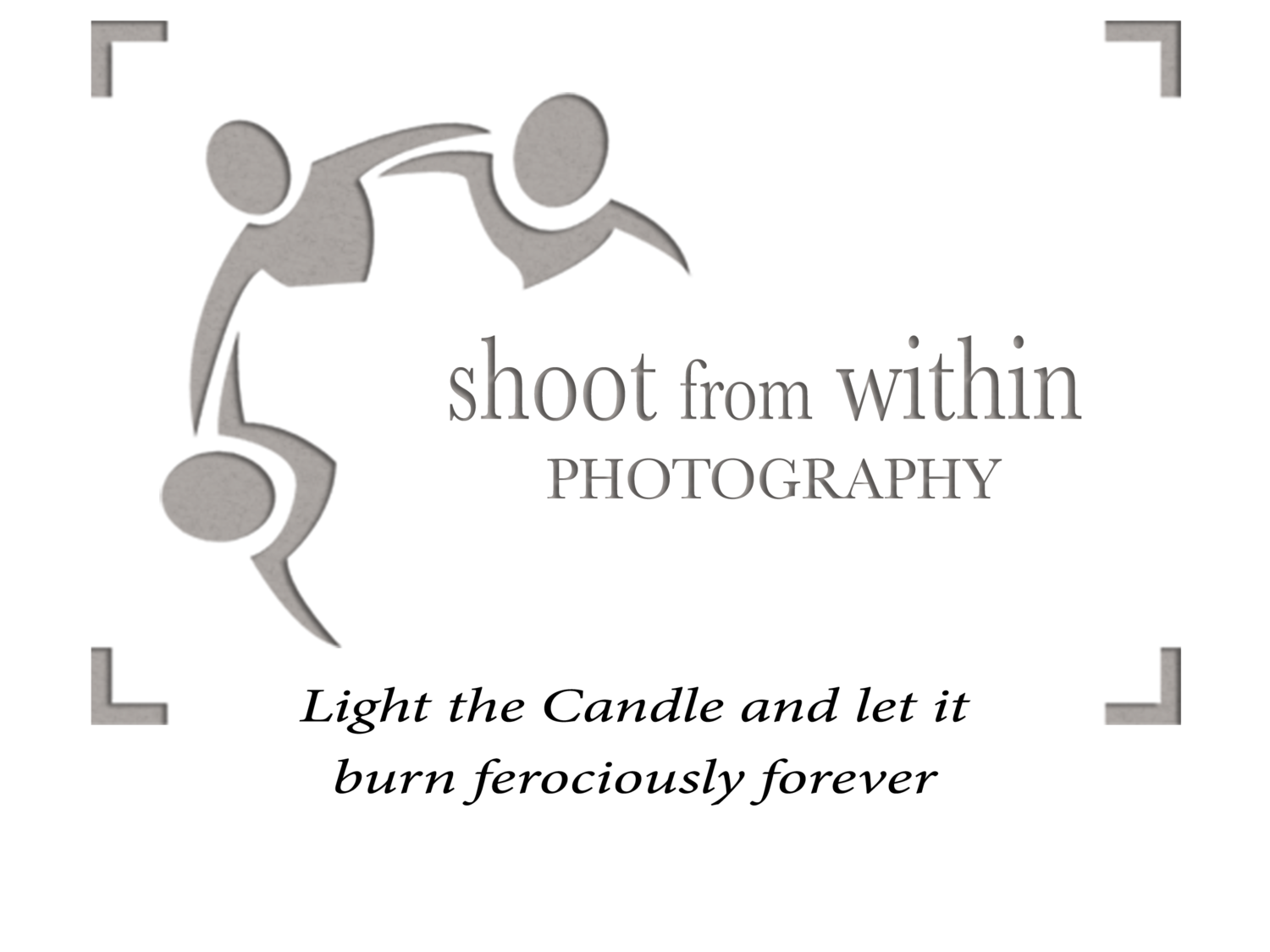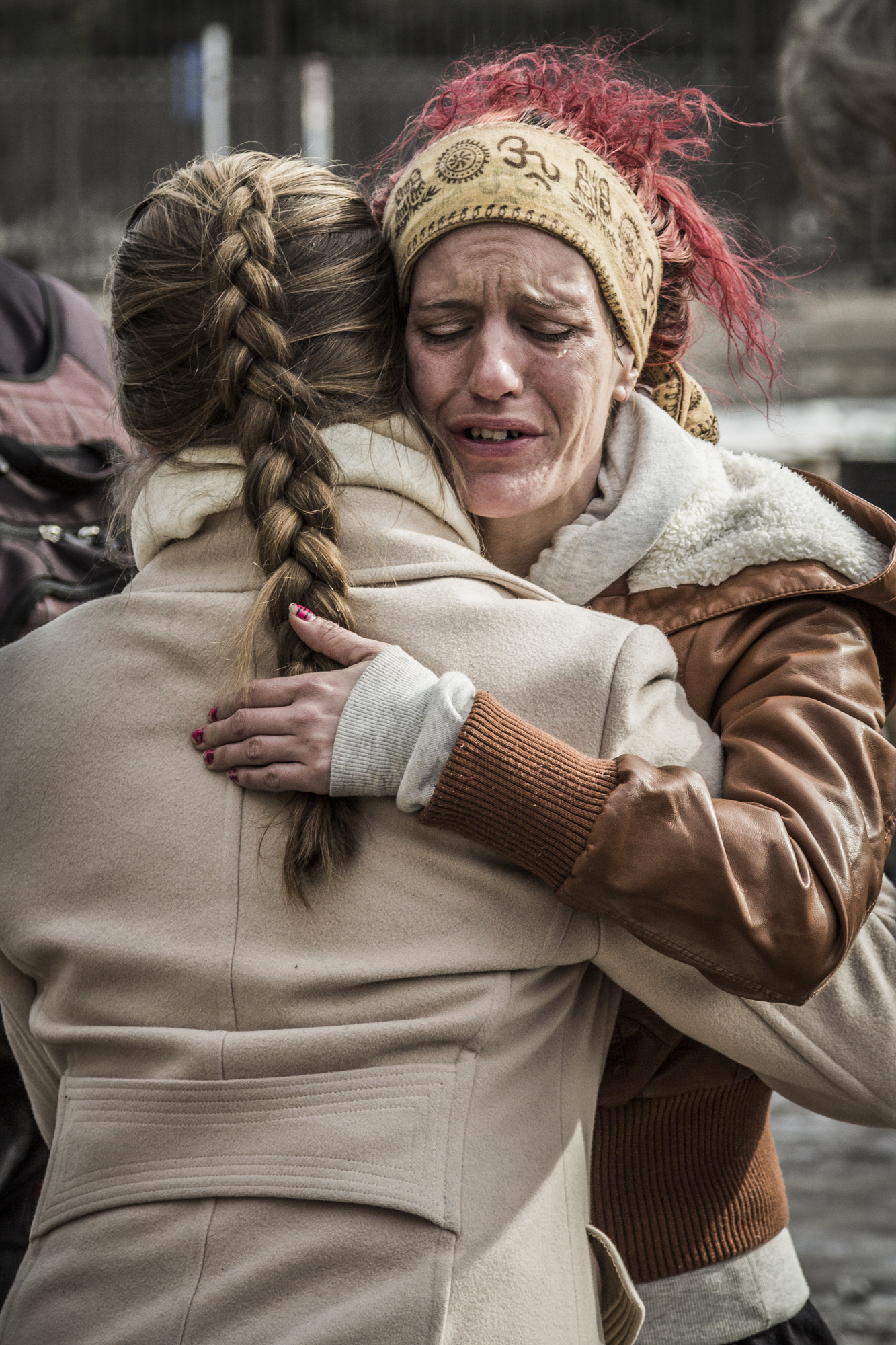Tiffany
Danny
Perseverance with Dignity
Sometimes a "Hello", or a handshake is all this is needed to make someone's day
Chadd
Dee
The Artist Explains
August 18, 2014
Chris Brown’s first exposure to itinerant people was when his work brought him to Afghanistan. He described the tribes people as content, something you rarely hear used in our Western mode of living. It was also in the Middle East where his interest in photography evolved into a passion. Chris, an Englishman, has come to Philadelphia to learn the craft of photography. In his time here in Philadelphia he noticed a facet of our city that is frequently ignored: Philadelphia’s street people.
Thus began Perseverance of Dignity, a project where Chris Brown, along with videographer Scott Parry, embarked on a mission to document the lives of the people who live on Philly’s streets. Chris didn’t want to casually observe his subjects from afar. Both Chris and Scott slept where their subjects slept, interacting with them on a level that many artists would be afraid to try. Chris then also turned the tables, bringing his homeless subjects into his space—his photography studio. You can find pieces from Perseverance of Dignity at the National Realty Gallery in Old City (Sept - Oct 2014)
Nick
Gerry
Interviewer - How’d you two meet?
Chris - We met at the Art Institute. We’re both students there. It was purely over drink and a cigarette that we started talking about this project. We started talking about life, our philosophies and compassion. You know, everyone needs compassion, but in big cities that does really happen when your $150,000-a-year guy looks down on a guy sitting down on a street corner and isn’t willing to say hello to him.
Interviewer - Tell me a little bit about your project
Chris - The project started off in January of 2014. We wanted to spend time with the street people of Philadelphia. So we started to spend time with them, getting to know them, did some still photography with them. We wanted get to know these characters; really get to know the stories of their travels and daily life.
Humanity?
Interviewer - So do you think the attitude toward street people is beyond indifference, then?
Scott - Some of the first people I saw were the buskers, and people walk by a busker playing trumpet not two feet away and pay them no attention. Then seeing the same thing happening, walking by someone who’s in distress and just walking by without acknowledgement is strange.
Chris - Yeah. It is strange when you can put a puppy with no collar on the street and it would be fed four, five meals a day. Ignoring a person on the street begs the question, well, what is human nature really about?
Interviewer - And what is the attitude of the street people toward being mostly ignored?
Chris - They almost feel, “What’s the point?” sometimes. You know, most people are one paycheck away from being on the street. It’s a domino effect where if you miss that paycheck, you lose your home. Most people think street people are alcoholics, drug addicts, or mentally ill, when really it’s more complicated than that. Given the current economic situation, being on the streets is a very real possibility for a lot of people.
Beth
John
Ryan
Interviewer - What was the most surprising aspect of the street people?
Chris - The sheer amount of contentment and patience in them and their communities. When it’s raining out, and it’s cold, and you have ten people cramped into a space, there’s an incredible amount of patience there. Scott and I would look each other and knew we could never show such patience over the long run. That was an incredible team building exercise and throughout it they were able to maintain their dignity.
Interviewer - And what do you think is the source of this contentment?
Chris - I think they don’t get wound up with the unimportant things in life. There’s a real important thing in life and that’s called getting up in the morning and living another day. If you take away all the unimportant things in life, we become a people like the Bedouins of Afghanistan or the travelers in Europe and other itinerant people. For street people, life is about living another day, not the little things we covet so much.
Dave and Muffy



























